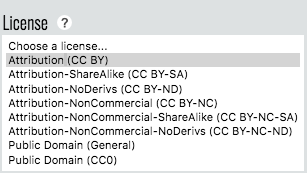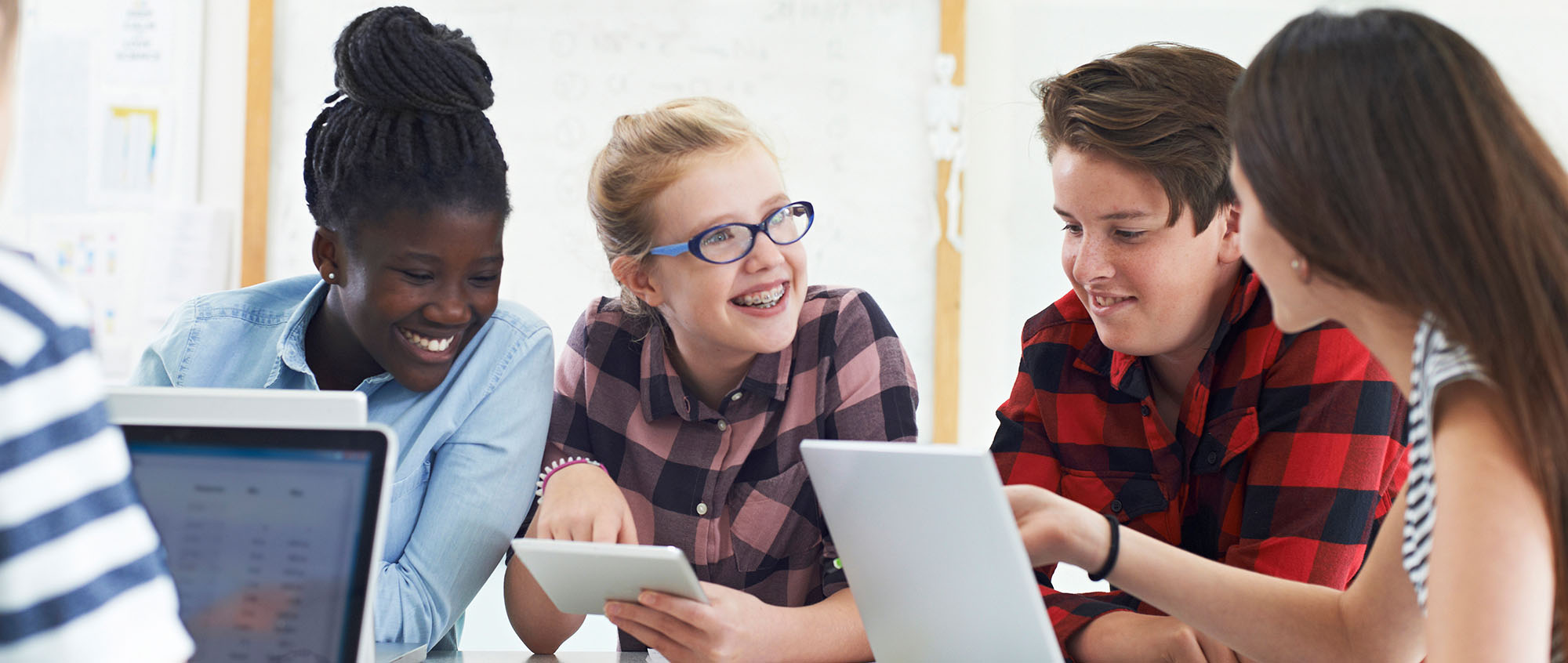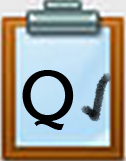Q4 Citing Your Source Step 2
Creative Commons License Attributions
In previous Quests, you may have learned about resources with a Creative Commons license. These are resources that are FREE to use by anyone. Though they are free, there still may be some restrictions on them. Here is a list and their descriptions:

- Attribution (by) - All CC licenses require that others who use your work in any way must give you credit the way you request, but not in a way that suggests you endorse them or their use. If they want to use your work without giving you credit or for endorsement purposes, they must get your permission first.
- ShareAlike (sa) - You let others copy, distribute, display, perform, and modify your work, as long as they distribute any modified work on the same terms. If they want to distribute modified works under other terms, they must get your permission first.
- NonCommercial (nc) - You let others copy, distribute, display, perform, and (unless you have chosen NoDerivatives) modify and use your work for any purpose other than commercially unless they get your permission first.
- NoDerivatives (nd) - You let others copy, distribute, display and perform only original copies of your work. If they want to modify your work, they must get your permission first.
Activity
OpenWashington has created a tool to help you create citations for resources with a Creative Commons. It is a fill in the blank form that easily creates the citation for you.
Using something you have created in class, create a citation with the Attribution Tool. Choose at least two of the attribution licenses and then share your results in a Google Doc/Word Doc with your teacher.
Competencies & Standards
MITECS Michigan Integrated Technology Competencies for Students, and
1. Empowered Learner
a. Articulate and set personal learning goals, develop strategies leveraging technology to achieve them, and reflect on the learning process itself to improve learning outcomes
d. Understand the fundamental concepts of technology operations, demonstrate the ability to choose, use and troubleshoot current technologies, are able to transfer their knowledge to explore emerging technologies
2. Digital Citizen
b. Engage in positive, safe, legal and ethical behavior when using technology, including social interactions online or when using networked devices
c. Demonstrate an understanding of and respect for the rights and obligations of using and sharing intellectual property
3. Knowledge Constructor
a. Plan and employ effective research strategies to locate information and other resources for their intellectual or creative pursuits
b. Evaluate the accuracy, perspective, credibility and relevance of information, media, data or other resources
5. Computational Thinker
b. Collect data or identify relevant data sets




